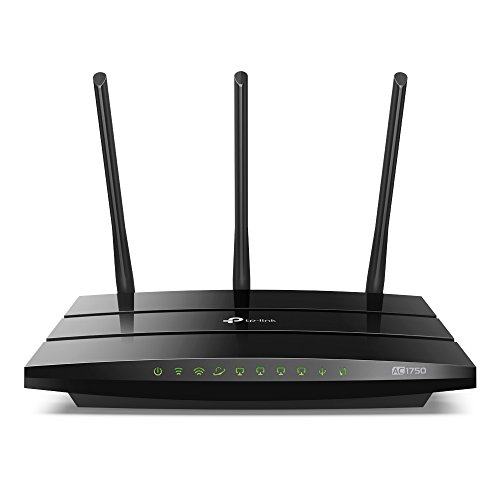What Causes Packet Loss?
The causes of packet loss are often the same as the causes for any network issue. The core issue is often network congestion. Too many people are trying to use a network connection at once, and the network routers cannot process what to do with all the packets fast enough so they necessarily have to drop some. You should check how much of your bandwidth is being used (either through your router or with Resource Monitor or Task Manager on Windows, Activity Monitor on MacOS, or System Monitor on Ubuntu or some similar program, depending on your system), and see if that bandwidth can be supported by your network with a speed test. However, even if you are not using more bandwidth than your network and Internet connection can handle, the number of packets could still be overloading something, but it is hard to measure how many packets programs are sending (unless you're on MacOS) and what you can handle. You could try running multiple tests with different settings though and guess what your connection can handle at least.
Another likely cause is a bad cable, Wi-Fi connection, router (If you're looking for a new one, I recommend the Linksys WRT AC3200 on the higher-end and the TP-Link AC1750 on the lower-end.), or networking card (I recommend the Gigabyte GC-WB867D-I for a desktop—it even supports Bluetooth!). If some part of the connection is defective or damaged, packets could be lost there. You should try switching from a wireless connection to a wired or switching out parts to see if this resolves the issue. (Also, please be aware that I get paid if you use my links.) However, this can occur both in your personal network and in that of your Internet service provider (ISP). In fact, it's pretty likely that it is your ISP's fault. It could have a bad cable running to your house or it may have a problematic or inadequate router in its system. Depending on who your ISP is, it may not be too cooperative in resolving the issue, but you likely will have to call and have them resolve the issue on their end if you know it's not on yours.
While your test results are unlikely (but not impossible) to be caused by an issue with this site, packet loss can also be on the server's end of whatever other service you are trying to use and finding problems with. This is more likely with, say, a game that has suddenly grown in popularity. It might not be able to handle all the players so it drops some packets even though your connection is fine. Diagnosing whether it's you or the game is a key use case for this site. If this packet loss test says you don't have packet loss, but a game says you do, it's probably the game's problem, not yours. Maybe contact the developers (or whoever the server host is) to have them resolve the issue.
Sometimes packets are also not truly lost, as they arrive eventually, but they are so late that they might as well be. I've made this tool configurable as to what an acceptable delay is, but latency and jitter should ideally be reduced regardless. As I said, they are usually caused by similar issues as packet loss.
Hopefully, finding the cause will allow you to fix the issue. If not, I've written a rough guide on fixing packet loss, though it may be a bit repetitive after this.

- Affordable option that can still handle high-speed Internet (450Mbps for 2.4GHz, 1300Mbps for 5GHz)
- 3 external antennas for long range Wi-Fi
- 4 Gigabit LAN ports, giving fast access to multiple connected wired devices
- Solid, reliable router proven by the test of time

- Wi-Fi 6 supports wireless speeds up to 6 Gbps (Or as fast as your ISP supports)
- Built-in Wireguard VPN and OpenVPN support
- Enables easy network-wide adblocking
- High storage capacity, catering to over 100 devices and fulfilling DIY users seeking to install additional plugins
- 4 LAN ports, split between 1Gbps and 2.5Gbps
